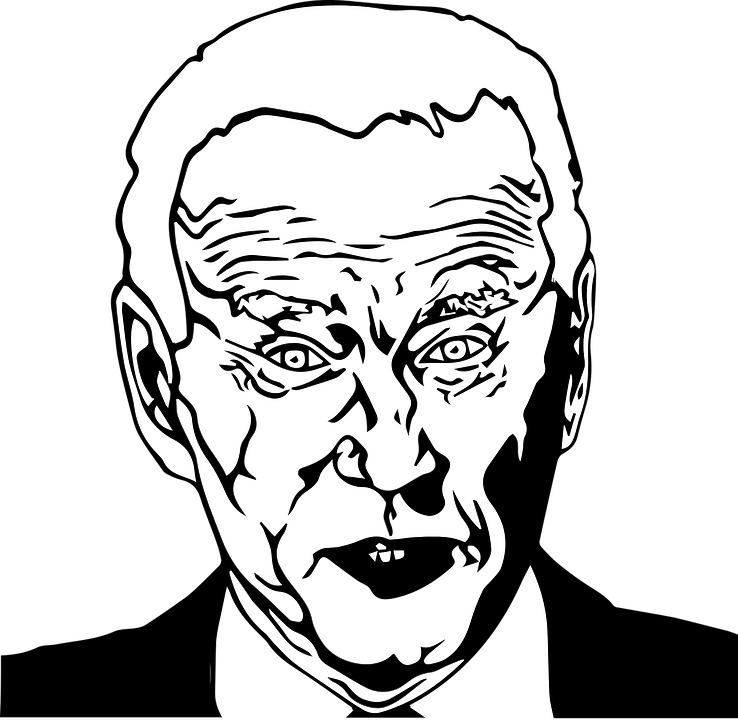The phrase “what is in the US national interest” gets bantered around a lot in the US media. Most of the talk now is centered now on discussions surrounding Russia’s year-long war in Ukraine. There is, however, more backstory to consider than simply addressing the issue of US involvement in a European war. Due in part to the Biden Administration’s lack of a comprehensive foreign policy addressing the Ukraine issue, the Russian leadership sees the United States as weak and befuddled. Unlike the four years of the Trump Administration, the Obama-Biden White House was marred by promises made through then-Russian President Dmitri Medvedev to Putin that the US president would have more “flexibility” on decisions regarding missile defense systems for Poland and Czechoslovakia after the elections. The Obama-Biden White House then followed through by stopping their delivery.
Russian political culture requires an esteemed leader to adhere to strong man politics and never reveal any weakness. Following in Obama’s footsteps, the Biden-Harris years are marked by a lack of strong leadership or a comprehensive foreign policy in which Washington acts as leader of the free world. Putin understood this when he invaded Ukraine. And, he was correct. There was no strong or immediate reaction from Washington, which signaled Moscow to go ahead with its special military operation.
What is significant this month is that the White House is continuing to message Moscow, intended or not, that the US “reset” under Obama is ongoing. Biden appears unwilling to become more involved in the war as it is seen as outside of “US vital interests,” despite the threat to Ukraine and NATO Member states. Last week Florida governor Ron DeSantis “kicked the foreign policy establishment hornets’ nest” in his response to a questionnaire Tucker Carlson sent to potential 2024 Republican primary candidates, according to Front Page Magazine’s Bruce Thornton. Asked about our Ukraine policy, DeSantis wrote that the Russo-Ukrainian war was simply a “territorial dispute.” Left unaddressed, says Thornton, were questions about whether our “vital national interests” are being served by our open-ended, yet hesitant support of Ukraine. It is an issue that needs addressing and not by using weak diplo-rhetorical language.
Ukrainian President Volodymyr Zelensky called US involvement in his country an “investment.” Although the United States is beginning to step up, it is late in doing so. That has not gone unnoticed by Putin or Chinese President Xi Jinping. Putin needs China to continue directly, or indirectly, funding his war effort in Ukraine. Xi also has noticed a lack of American leadership in the Pacific region and has taken advantage of it. China has seized East Asian islands belonging to other countries, used its navy to control vast swaths of the South China Sea, and employed its air force to monitor and threaten free international airspace. This past week Xi Jinping flew to Moscow for discussions with Putin.
The meeting is seen as a bit of a role reversal from the Cold War era, in which Russia was the dominant partner. Putin needs China’s financial backing to pay for the war this year. At the same time, many in the US defense and intelligence community argue that it is Xi who actually needs Russia to keep America distracted for the next two to four years while Beijing finalizes its preparations for taking back Taiwan. The Chinese leadership views the US as a declining state with a weak president. Xi, many analysts suggest, would like to use Putin to further weaken the US. He will need to take a nuanced approach with the Russian leader. If China grows too close to Putin publicly Beijing could suffer from additional economic sanctions and possibly further unify the West against China. What is certain is that what’s in the US national interest is not in line with that of either Russia or China. Putin knows the trilateral relationship is changing. He is not going to back down. This war may be Russia’s last chance to regain territory, prestige, and retain some semblance of recognition as an important nation-state. Putin also knows that China holds the high cards now and that an all out push in Ukraine may be the only avenue left to Russia.
Daria Novak served in the U.S. State Dept.
